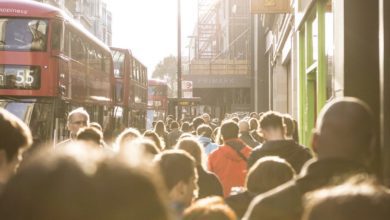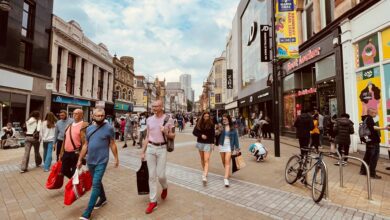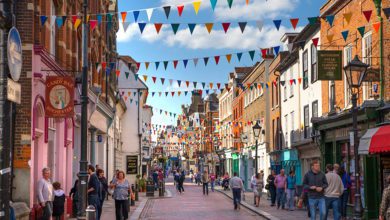Inflation slows to 2% in July
Downward contributions were largely offset by transport which was up by 0.85 percentage points - the largest contribution from the division since November 2011

Inflation slowed to 2% in July down from 2.5% the previous month, according to the latest figures from the Office of National Statistics (ONS).







